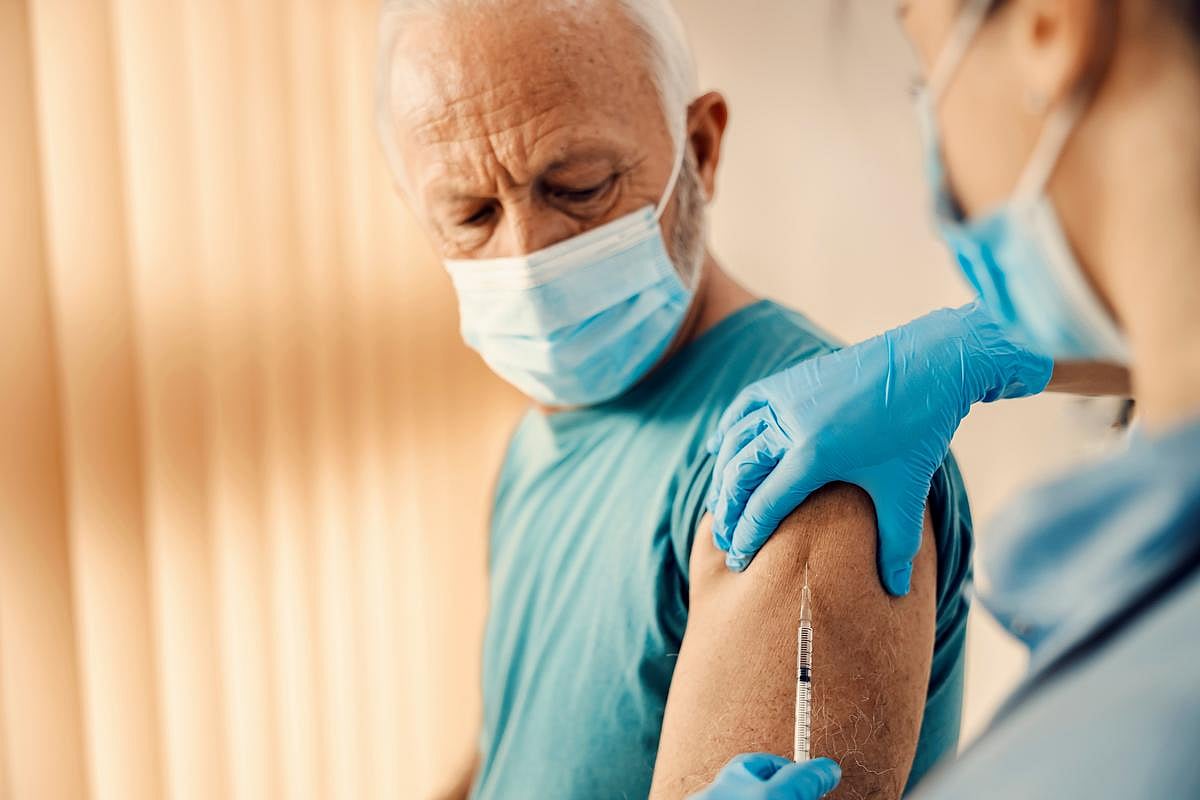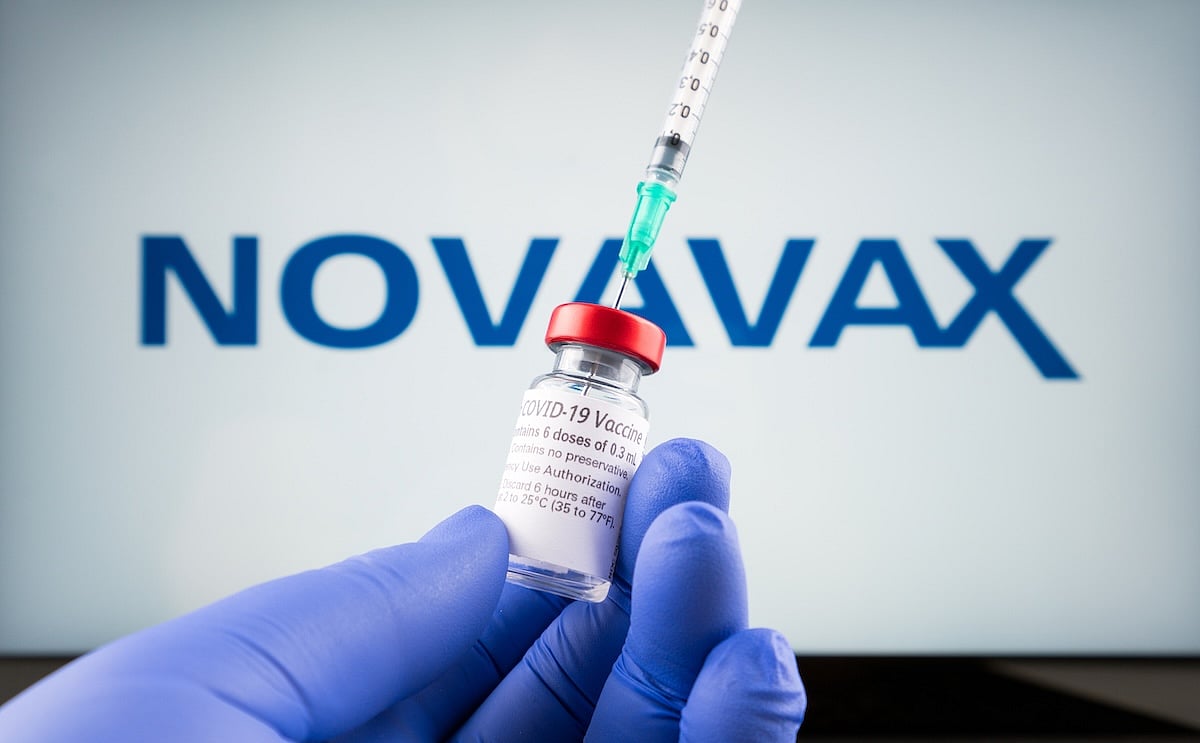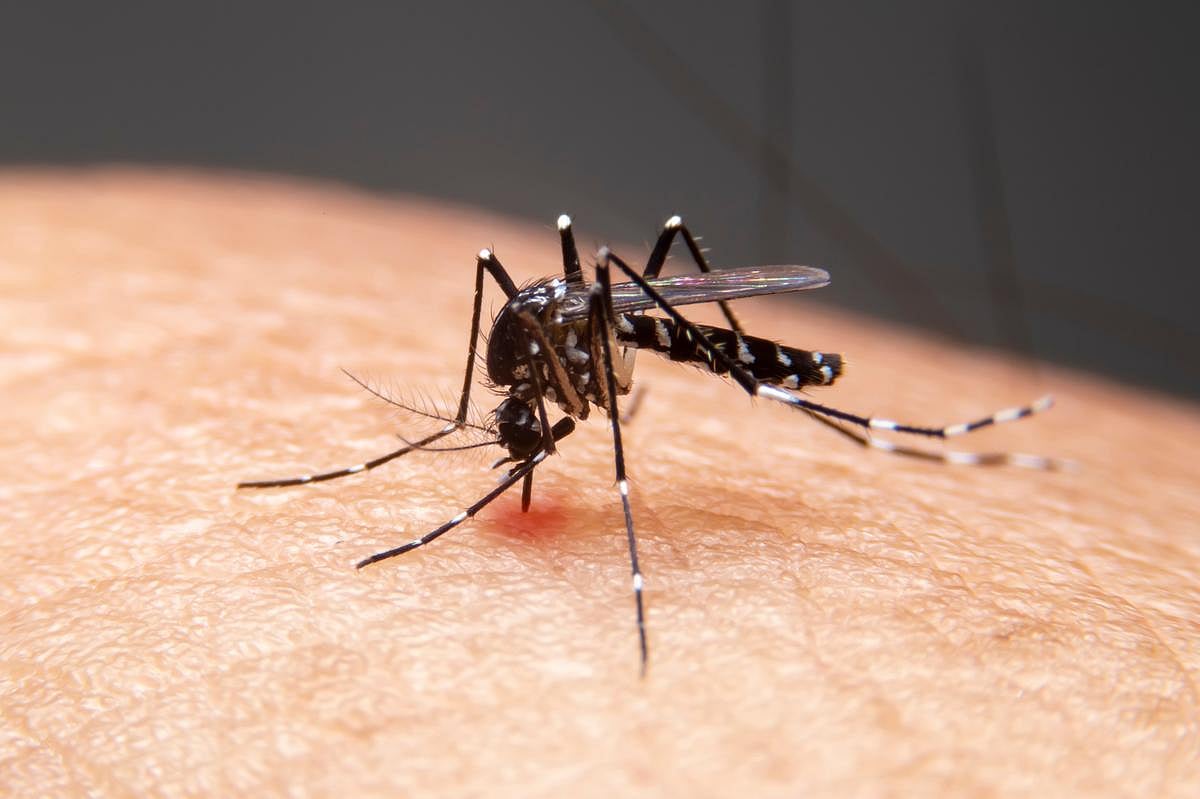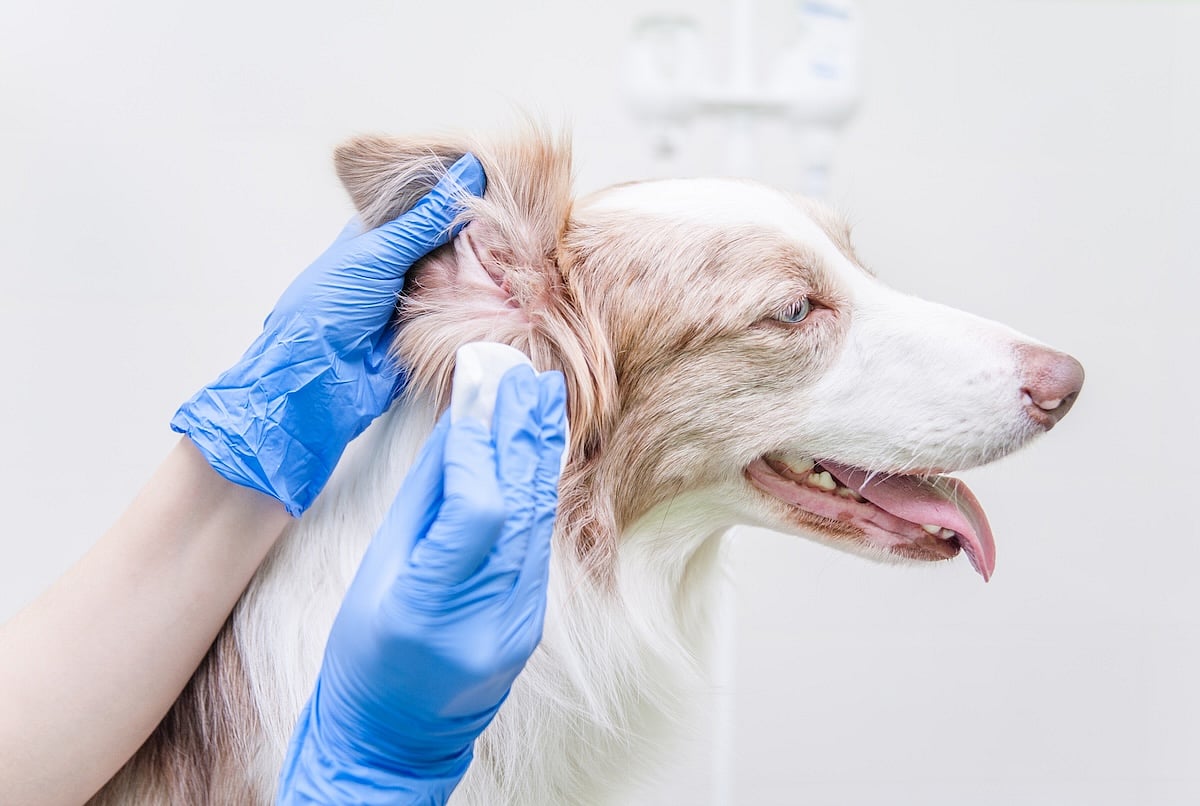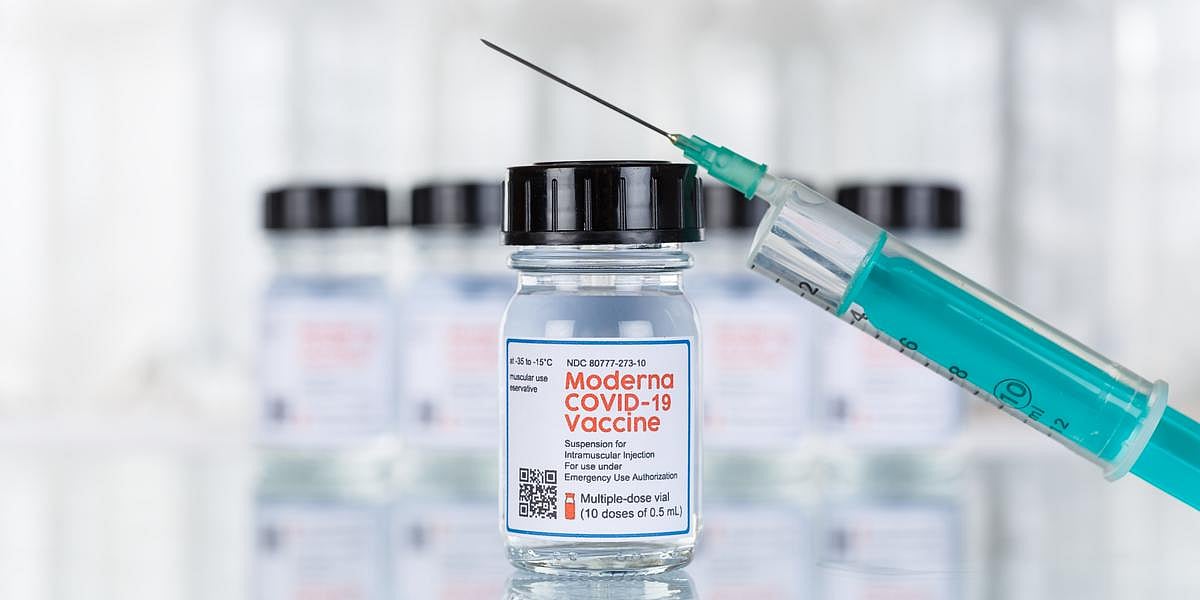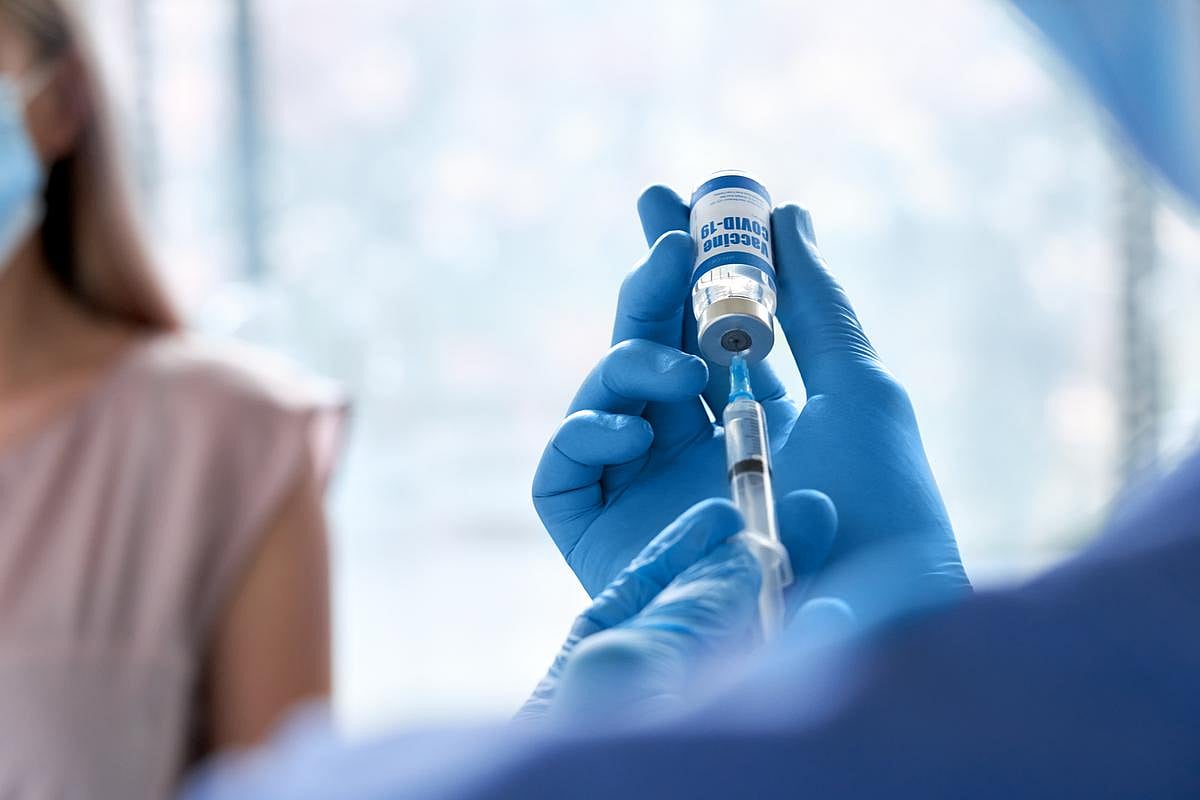
The U.S. Food and Drug Administration (FDA) has ordered Pfizer and Moderna to expand their warning labels on COVID-19 vaccines. The updated warnings highlight a rare risk of heart inflammation in teen boys and young men, CBS News reported. The warning applies to males ages 16 to 25 and is based on new data from… read on > read on >











